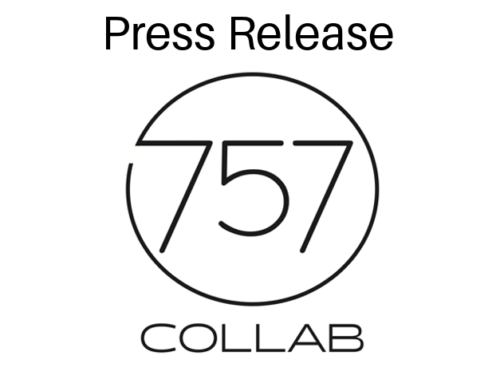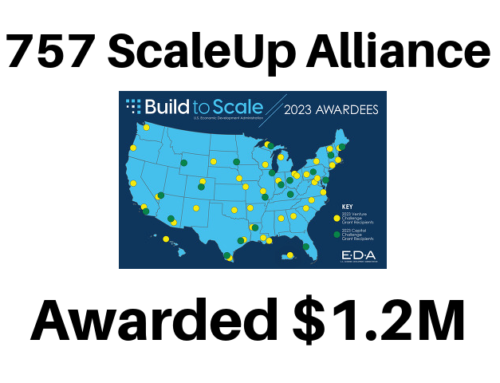From Hampton Roads Small Business Development Center By Mike Austin
The SBA announced some changes to the PPP forgiveness process for borrowers who were denied either partial or full forgiveness. Prior to the new guidelines, there were few options for borrowers to pursue redress if their lender determined that they could not receive full forgiveness for their PPP loan(s). Numerous network clients have expressed confusion and frustration when their lenders determined that they were not able to obtain full forgiveness, many times due to errors by the lender when the amount was approved.
Under the new guidelines, the SBA is allowing borrowers to request the agency to review, via their lenders, any time the amount forgiven is less than the amount approved. This is in addition to the agency’s prior guidance that they reserved the right to review any PPP loan, regardless of the size of the loan. In addition, the new guidance states that lenders should not inform borrowers that the SBA had disapproved full forgiveness when the agency had not yet made that determination.
Also, in cases where forgiveness is less than the amount of the loan, the lender will now be required to notify borrowers that they have 30 calendar days to request, via the lender, for the SBA to complete a review of the lender’s determination. In addition, as of the effective date, any loans for which partial forgiveness was received, lenders must notify borrowers that they too have 30 calendar days to appeal the lender’s decision. Furthermore, lenders are required to provide those borrowers with written reasons why their loan was not forgiven in full.
However, until the appeal is reviewed by the SBA, the borrower is required to continue to make payments on the outstanding balance. Also, the review request comes at some risk to borrowers because their review could result in the following:
- The SBA could reduce the amount of forgiveness, resulting in a larger loan balance
- The SBA could determine that none of the amount should be forgiven
In any instances where additional adjustments are made, lenders are advised/encouraged to work with borrowers to ensure that the resulting balance is repaid, and if the amount increases lenders are to work with borrowers to obtain a revised forgiveness application to resolve any agency-evidenced issues. If the SBA determines that the borrower owes less than originally determined, or none of that amount, then all overages must be returned to the borrower.
So, it is now possible for affected borrowers to seek redress from the SBA when their PPP forgiveness amount was less than the amount approved. However, it is recommended that they do so only when they have good proof that their lender erred in their review process.





